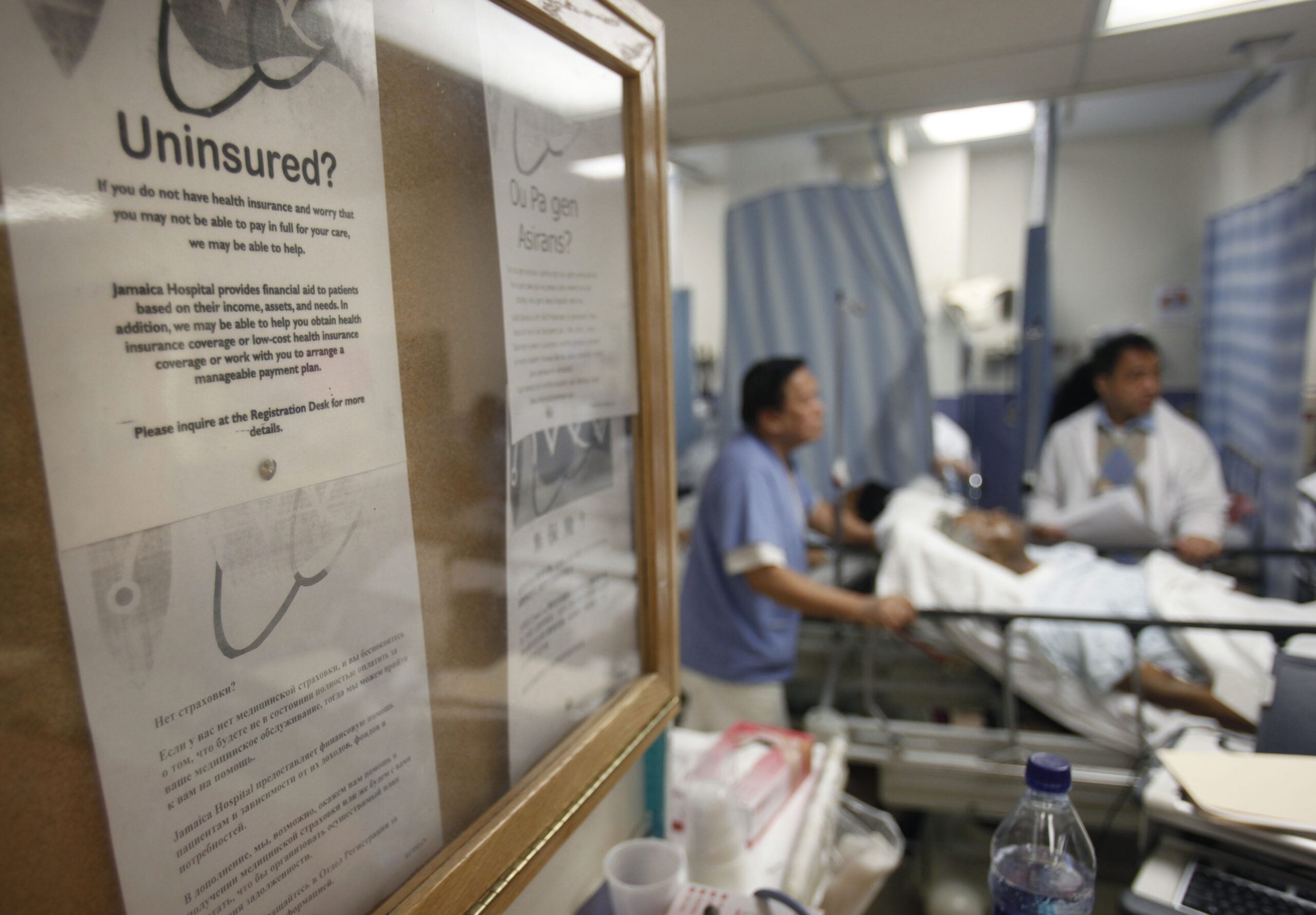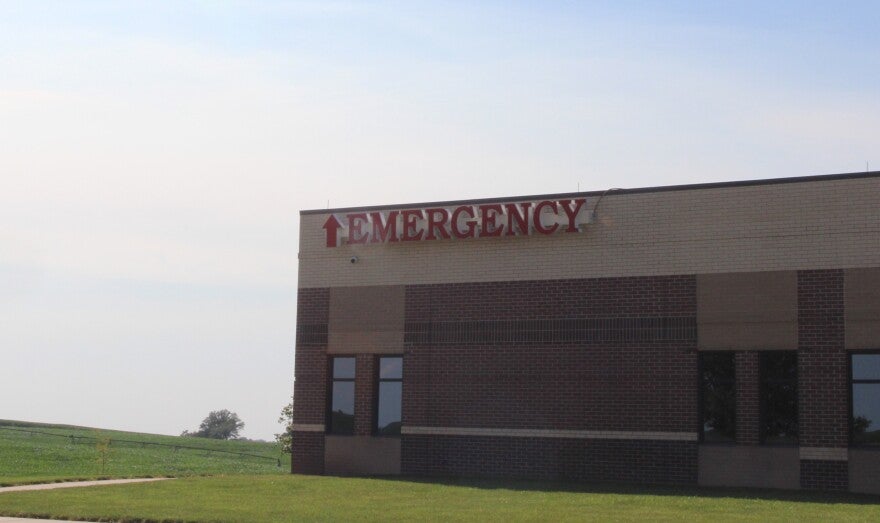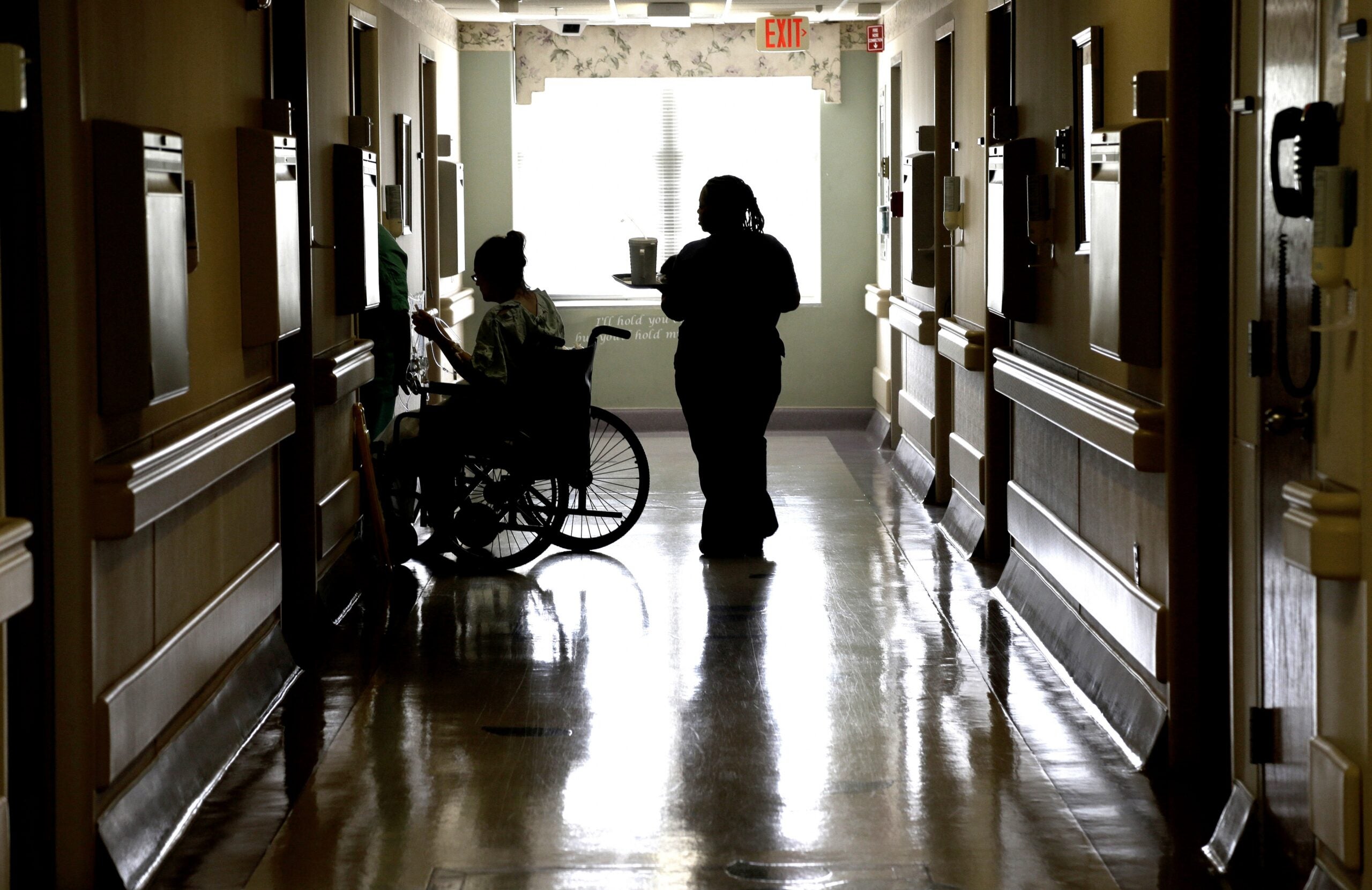Advocates for the elderly, poor and disabled say big spending cuts and other changes proposed on the federal level for the Medicaid program are getting little attention, so they’re speaking out.
“Medicaid is at a crossroads,” said Jon Peacock with the Wisconsin Council on Children and Families. “We fear that Congress and the president are going to put it on a path that leads to sharply reduced services for seniors, people with disabilities and low-income children and families.”
At the state level, Gov. Scott Walker has proposed drug testing and work requirements for Medicaid eligibility. At a budget hearing last week, state Republicans said it would help move some of those on Medicaid from dependence to independence.
News with a little more humanity
WPR’s “Wisconsin Today” newsletter keeps you connected to the state you love without feeling overwhelmed. No paywall. No agenda. No corporate filter.
“This is not punitive,” said state Rep. Amy Loudenbeck, R-Clinton. “We want to provide opportunities to people. This is one way of doing it.”
Walker administration officials, such as state Medicaid director Michael Heifetz, say they hear from businesses who have trouble finding workers who can pass a drug test.
At a public hearing on the proposed state-level Medicaid changes in Wausau, Heifetz said requiring drug screening and treatment is a work readiness issue. So is requiring some Medicaid recipients to pay premiums to get healthcare, he said. The proposed monthly premiums would start at $1 and go up to $10 for an individual making $12,000 a year. People who don’t or can’t pay would be ineligible for benefits.
“As folks move off government assistance and move into the work world and earn a better living, they will also likely have health care coverage, but will also have to pay a component of it as most of us in the private and public sector do already,” said Heifetz in April.
The proposed changes would also require some Medicaid recipients to work in order to get health care. Advocates say this turns conventional wisdom on its head.
“One must be healthy to work and should not be asked to work to get healthy,” said Mike Bare with Community Advocates Public Policy Institute in Milwaukee.
Bare said supporters’ goal of changing Medicaid eligibility rules to promote self-sufficiency could be costly for taxpayers and is likely to lead to more people being uninsured.
“So there’s just simply no evidence that these policies will improve health outcomes for Badgercare enrollees,” Bare said, mentioning the name of Wisconsin’s Medicaid program. “No drug user is suddenly going to get clean. No person who is out of work is guaranteed to find it.”
The proposed state changes come at a time congressional Republicans and President Donald Trump are considering big cuts to Medicaid.
The Center on Budget Policy and Priorities estimates that by 2026, Trump’s proposed budget cuts to Medicaid would grow to $279 billion. Peacock said that amounts to a 45-percent reduction relative to current law.
“And the cut would keep growing in subsequent years. You can’t make cuts of even 10 percent much less 45 percent to Medicaid without forcing states to sharply reduce either eligibility or services for the many of those who rely on Medicaid,” Peacock said.
Wisconsin Public Radio, © Copyright 2025, Board of Regents of the University of Wisconsin System and Wisconsin Educational Communications Board.






